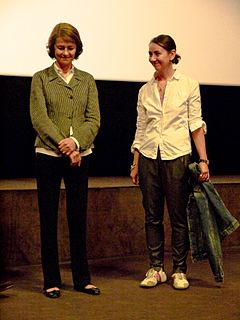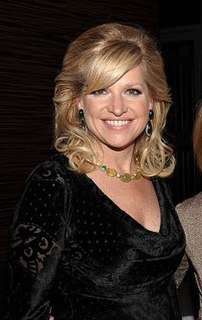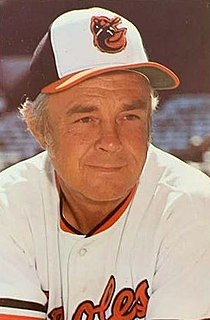A Quote by Tommy Chong
Every time I get tested, I ask questions about it, and I watch how they do it.
Related Quotes
Every time you get into a new job, new location, you have an amazing opportunity in front of you. You get to play dumb for as long as people will allow you to play dumb. You get to ask all the dumb questions, you get to ask multiple people the dumb questions, and you get to make mistakes. Thats how you stand out in the crowd.
Every time you get into a new job, new location, you have an amazing opportunity in front of you. You get to play dumb for as long as people will allow you to play dumb. You get to ask all the dumb questions, you get to ask multiple people the dumb questions, and you get to make mistakes. That's how you stand out in the crowd.
Every night I get many letters, and after every talk I get many questions from people who say, "I want to change things. What can I do?" I never hear these questions from peasants in southern Colombia or Kurds in southeastern Turkey under miserable repression or anybody who is suffering. They don't ask what they can do; they tell you what they're doing.



































